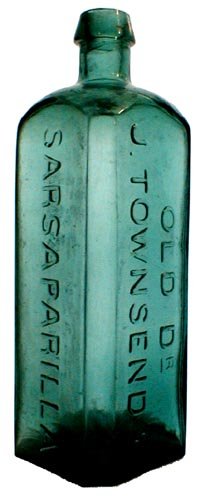FreeRangeAsparagus
Well-Known Member
I've been digging bottles from the Charles River for a while now. It's been off and on but recently I've ramped it up and gone several times this past week. My questions revolve around the current, clarity, and digging. This part of the Charles is safe to swim but the current is relatively strong due to the fact it is shallow, maybe 10 feet max, and the visibility is 3 feet on a good day. All this combined makes it taxing to stay out very long. On top of that, I am only able to take the bottles from the topmost layer because I cannot keep myself down long enough to dig any out. I think I may have a fix for this, SCUBA. I'm certified and renting near me is relatively cheap. Does anyone know of better ways to combat the river?

